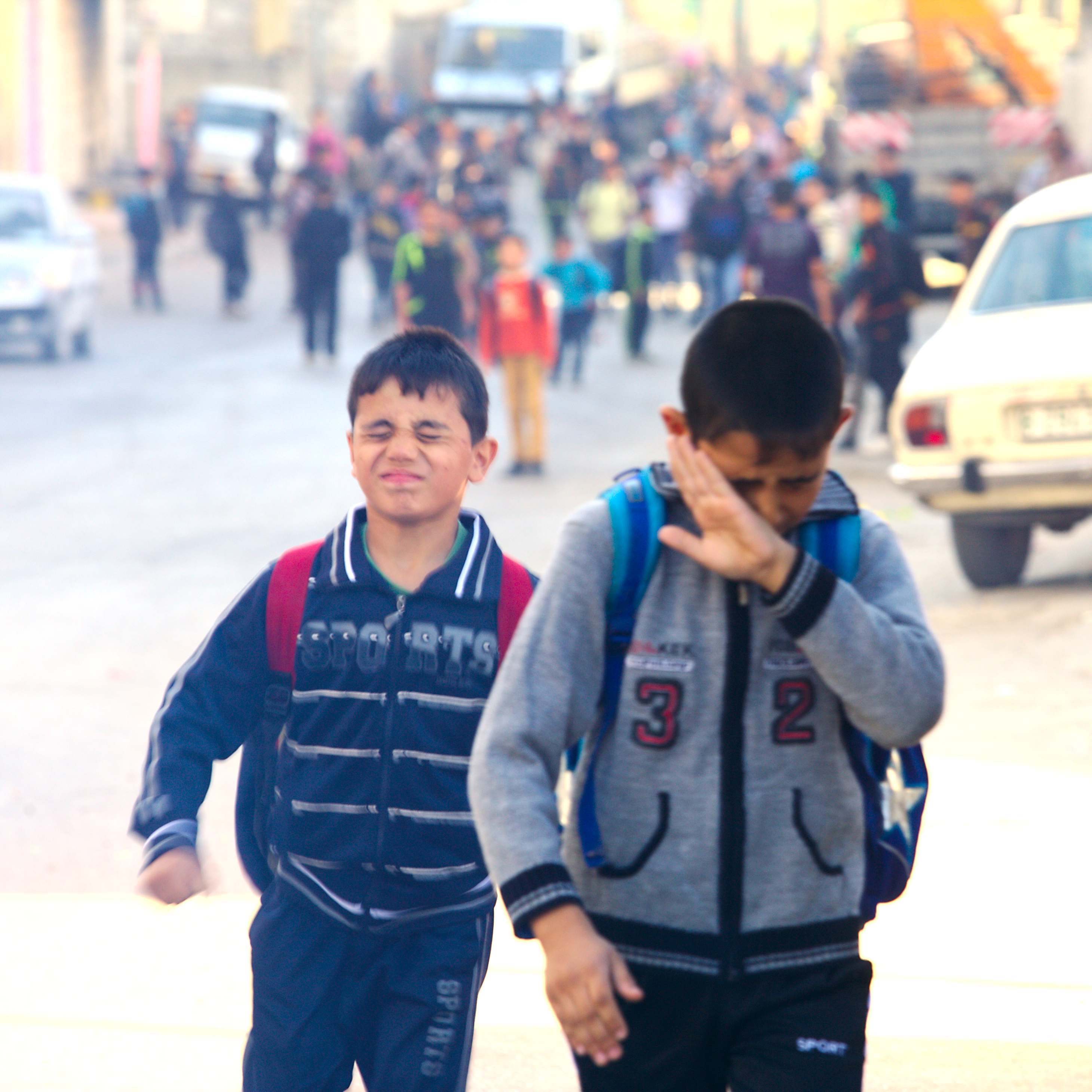Tag: Border Police
-
Viscous crackdown on unarmed protesters against the Prawer Plan just outside Ramallah
2nd December 2013 | International Solidarity Movement, Ramallah Team | Occupied Palestine Over 100 Palestinians and international activists took part in a non-violent demonstration on the 30th of November to protest against the Prawer Plan. The demonstration began at the al-Bireh municipality building in Ramallah and proceeded onto the Bet El settlement nearby. Demonstrators were met with stones then…
-
Tear gas in Hebron school leads to cancellation of classes
27th October 2013 | International Solidarity Movement, Khalil Team | Hebron, Occupied Palestine In the Israeli controlled H2 area in the center of Khalil (Hebron) children are used to tear gas canisters being fired after them before going to school. Usually the teaching is delayed for at least half an hour, as many children are…
-
Dozens injured and hundreds of arrests in intense Hebron clashes
23rd September 2013 | International Solidarity Movement, Khalil Team | Hebron, Occupied Palestine On Sunday 22nd September, heavy clashes took place across Hebron, leading to the injury and arrest of numerous Palestinians as well as the death of an Israeli soldier. Hebron is currently declared a military zone with a curfew imposed and all entrances to…


